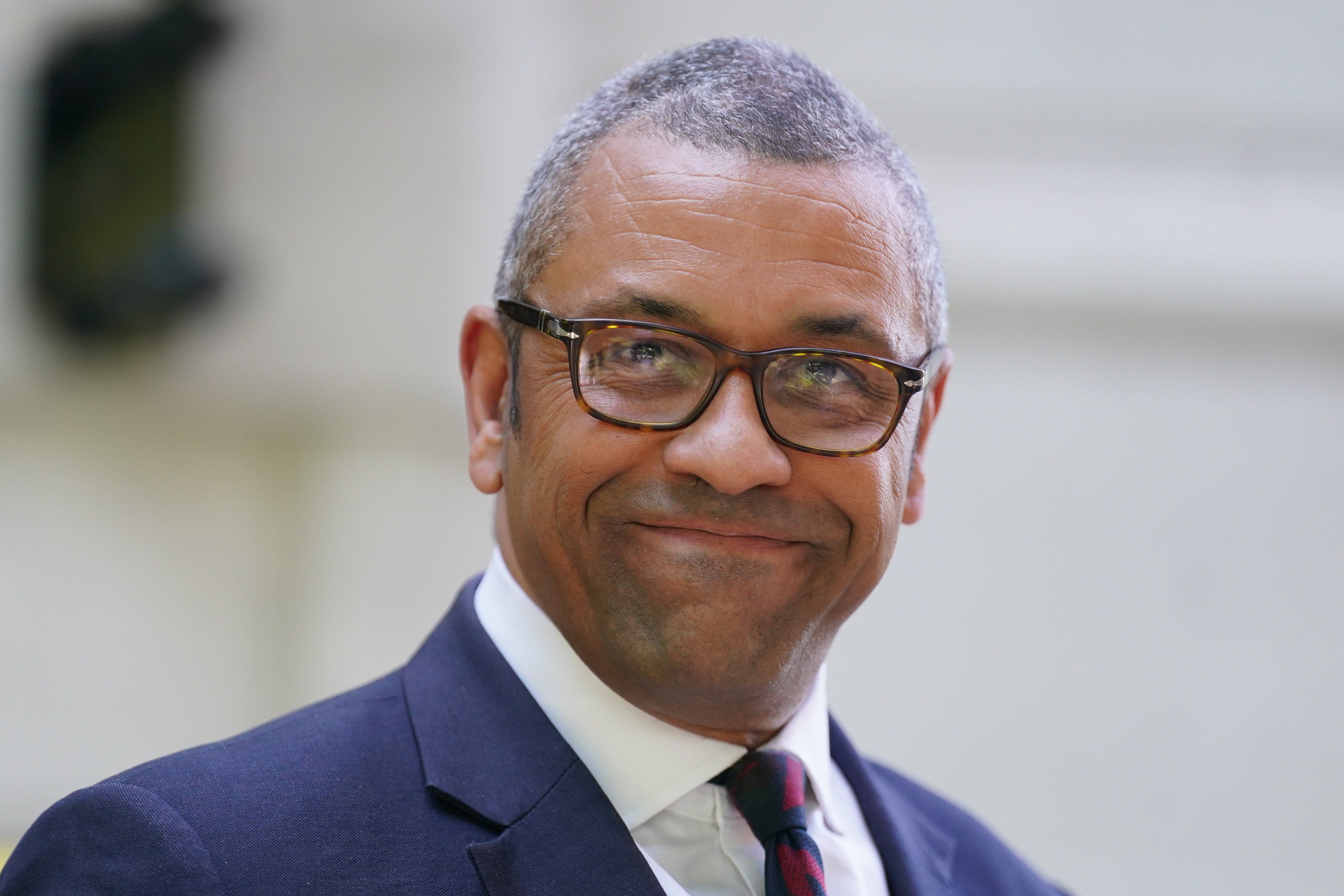Education Secretary backs efforts to make university system fairer
Ucas has also taken into account data on free school meals – an indicator of disadvantage – in offers for the first time this year.

Your support helps us to tell the story
From reproductive rights to climate change to Big Tech, The Independent is on the ground when the story is developing. Whether it's investigating the financials of Elon Musk's pro-Trump PAC or producing our latest documentary, 'The A Word', which shines a light on the American women fighting for reproductive rights, we know how important it is to parse out the facts from the messaging.
At such a critical moment in US history, we need reporters on the ground. Your donation allows us to keep sending journalists to speak to both sides of the story.
The Independent is trusted by Americans across the entire political spectrum. And unlike many other quality news outlets, we choose not to lock Americans out of our reporting and analysis with paywalls. We believe quality journalism should be available to everyone, paid for by those who can afford it.
Your support makes all the difference.The Education Secretary gave his backing to the use of data on a student’s background to determine university places.
Figures published this week showed offer rates are higher this year for pupils from areas with the lowest proportion of progression to higher education.
Offer rates in these areas for UK 18-year-olds are at 74.5%, compared with 73% in areas with the highest proportion of young people moving on to higher education, according to data from the Universities and Colleges Admissions Service (Ucas).
Ucas has also taken into account data on free school meals – an indicator of disadvantage – in offers for the first time this year.
James Cleverly also appeared to dismiss suggestions in some quarters of “social engineering” in favour of students from disadvantaged areas.
In an interview with the Telegraph, he said: “If universities are recognising that for some students in some circumstances, getting the top grade or whatever grade they’re making offers against, are harder than students from other schools and other backgrounds then I’m not uncomfortable with that.”
If a student’s better performance is against a more difficult background, it is not wrong “that that is recognised”, Mr Cleverly was also quoted as saying.
Hundreds of thousands of pupils will receive A-level results on Thursday, with Mr Cleverly telling the paper admissions are the “responsibility of universities” and the Government “can’t and we don’t dictate to universities how they do admissions”.